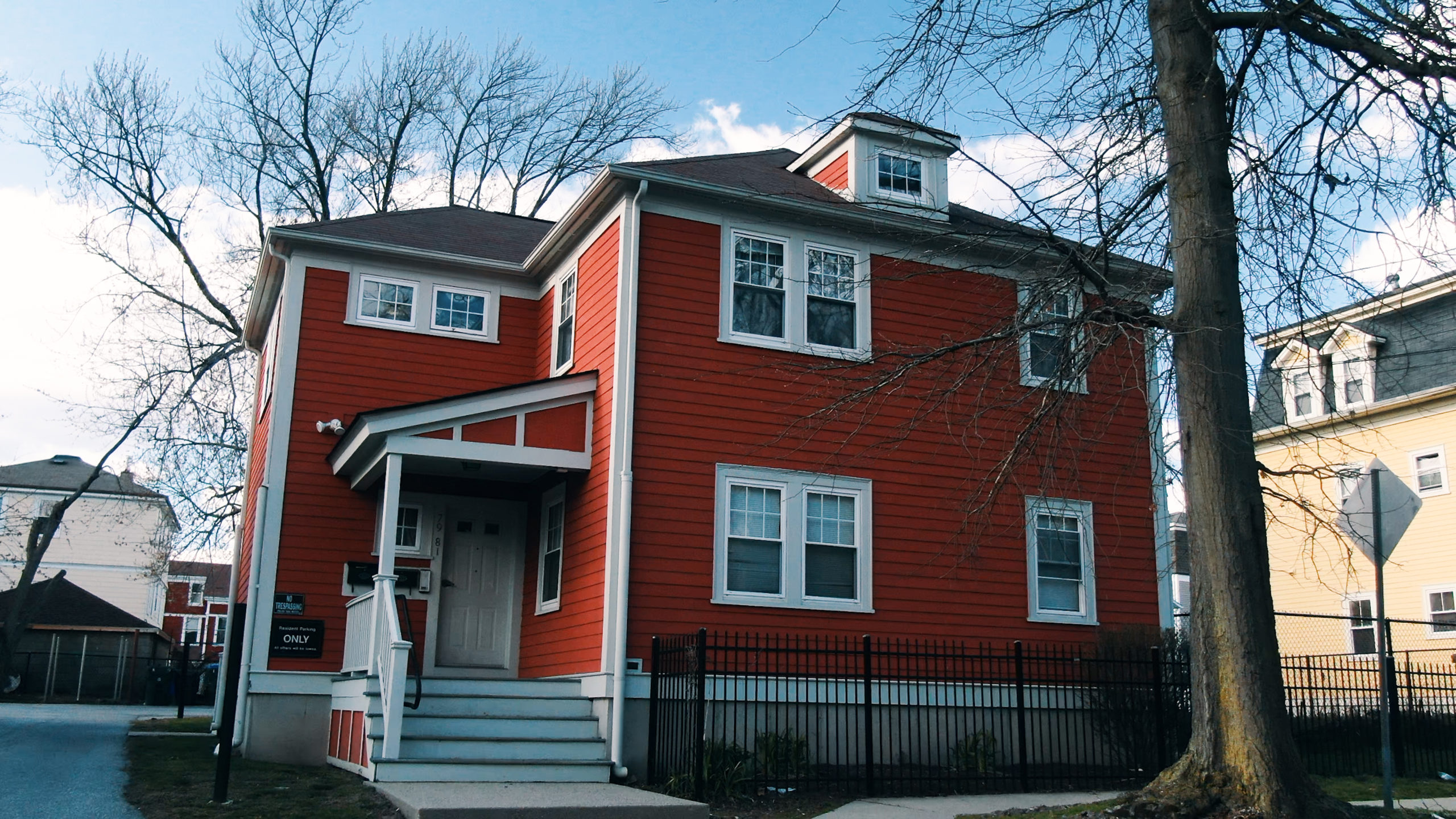By Jennifer Hawkins, President and Executive Director
Rhode Island’s eviction moratorium is set to expire on July 1. As a community development landlord, ONE Neighborhood Builders (ONE|NB) owns more than 375 rental apartments and is responsible for maintaining these properties to a superior standard. We are committed to eliminating obstacles to health equity among the roughly 15,000 neighbors who live within our Central Providence Health Equity Zone (CP-HEZ)—and recognize that stable and affordable housing is paramount.
As a landlord and as a community-builder, ONE|NB works to prevent evictions due to non-payment of rent—both with our own properties and in the broader Central Providence community. We do not always succeed, but we have had success and will not stop supporting our tenants and neighbors. New policies and approaches are needed to help prevent non-payment evictions and, ultimately, to prevent homelessness and the disruptive impact on families of sudden and frequent moving.
Though we are committed to supporting Providence renters, we are not experts on this issue by a long shot! Other organizations—the RI Center for Justice and Direct Action for Rights and Equality, for example—have been working on this issue, and we have far more to learn from them.
However, we would like to offer some suggestions to consider to move the dialogue forward:
- Fund a court–navigator program, as has been done in Brooklyn Housing Court. These non-lawyers cannot argue cases, but they are trained to help tenants fill out paperwork and understand proceedings. Unrepresented tenants are far more often evicted.
- Support “mom & pop” landlords who may want to pursue mediation rather than housing court but are unfamiliar with the process. Mediation may involve entering into an in-house repayment plan. While such a plan is not court-stipulated, depending on the circumstances, an in-house plan can be a highly effective alternative to costly and adversarial court proceedings.
- Prevent de-facto evictions wherein residents “skip-out” instead of waiting to be formally evicted or honoring their repayment plan. A possible intervention to explore is a matched rental–assistance intervention: for every $1 a tenant contributes towards a repayment plan, a rental–assistance fund matches $2. This approach incentivizes tenants to make good on their repayment plans and increases the chance of landlords being fully repaid.
- Support landlords who manage their properties to quality standard: only those who satisfy all building codes or agree to submit an action plan to correct all code violations within a reasonable timeline are entitled to benefit from rent–relief funds.
- Support landlords who offer at least six-month leases. Only those who offer this minimum lease or agree to modify existing lease arrangements are entitled to benefit from rent–relief funds.
- Encourage “resident services” and other eviction-prevention strategies and allow associated expenses to be a permissible operating expense for affordable–housing development projects that are funded by federal sources.
- Increase Rhode Island’s minimum wage to $15 per hour.


